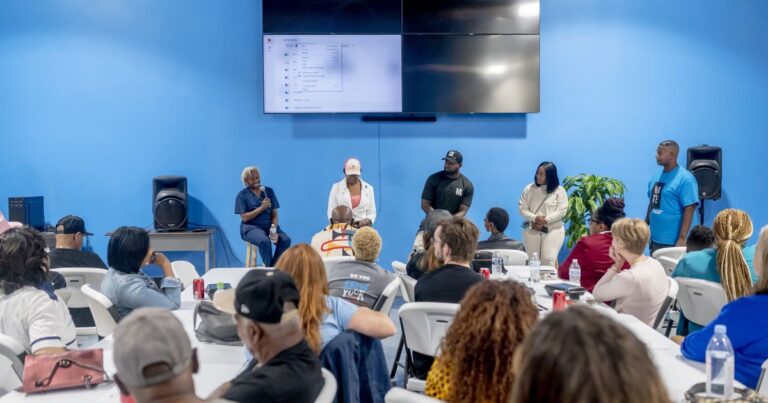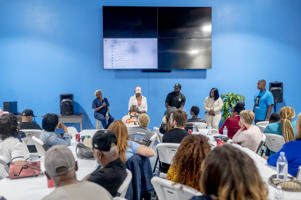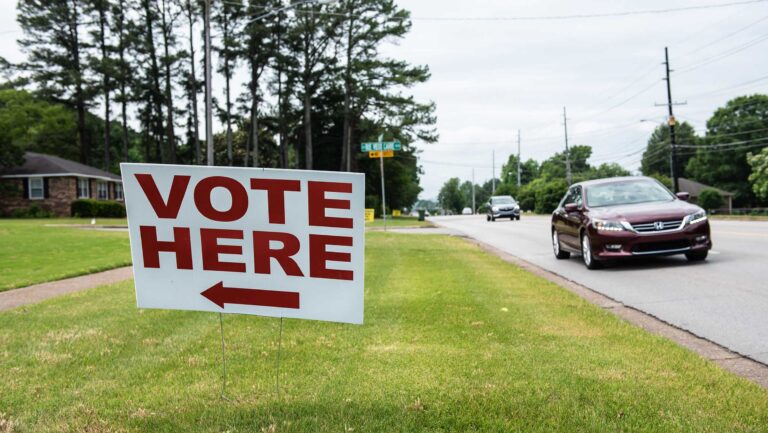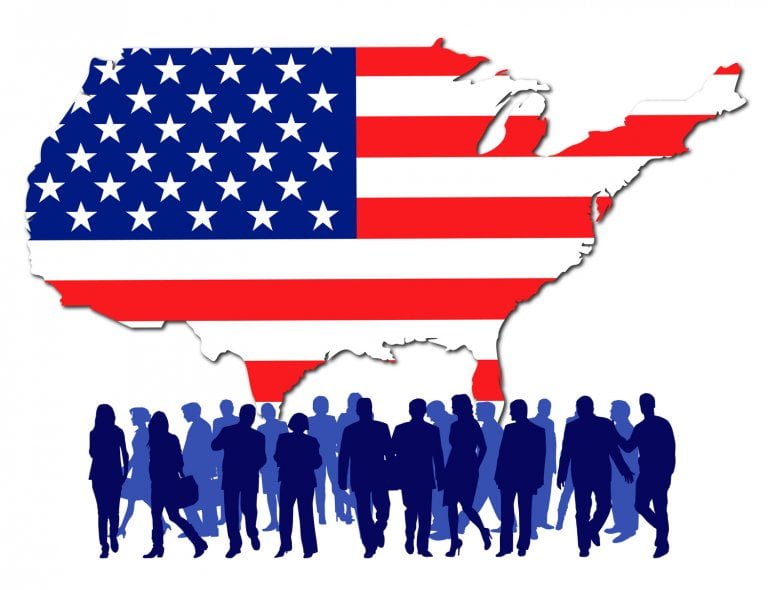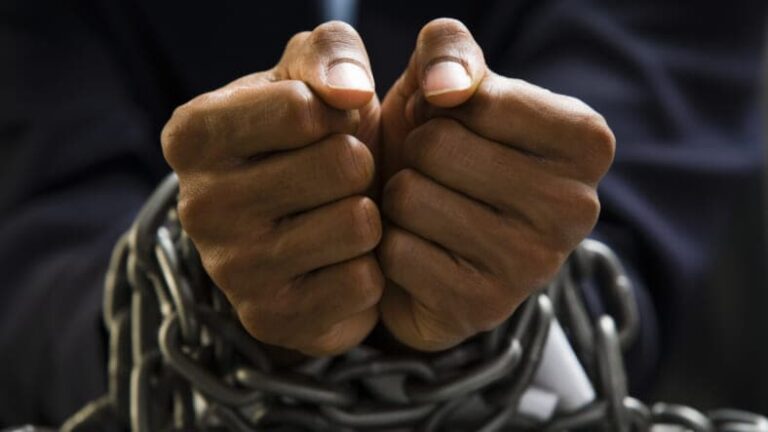Inside Louisiana’s forced prison labor and a failed overhaul attempt
BATON ROUGE – Breakfast at Louisiana’s state Capitol includes fresh coffee, cookies and egg sandwiches – made and served in part by incarcerated people working for no pay. “They force us to work,” said Jonathan Archille, 29, who is among more than a dozen current and formerly incarcerated people in Louisiana who told the Washington…

